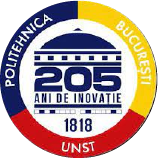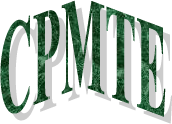About the project
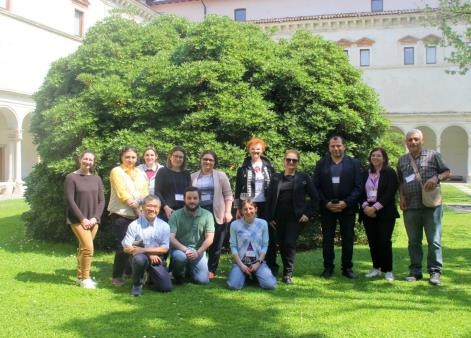
The EU phosphorus requirements are supplied by import from Mideast, Russia, and China. Due to its economic importance and supply risk, the European Union included the phosphorus and phosphate rocks (PR) in the “List of critical raw materials (CRM) for the EU”. Phosphorus is also difficult to be substituted. One of the most sustainable options to secure future P supply within EU is recovery of P from food production and consumption chain which is also the EU P strategy. The 1st pillar of the strategy is biowastes incineration which will enrich the P-content by 6-7 times to a P-rich fraction and at the same time produce green energy. The innovative PHIGO solution aims to optimize the incineration step (the 1st pillar of the strategy) and to develop a sustainable technology for efficient P-extraction from the P-rich ashes (the 2nd pillar of the strategy) and thereby enabling closing the P loop in the EU P-strategy. The main contributions of the PHIGO to the Strategic Implementation Plan of the European Innovation Partnership on Raw Materials and the ERA-MIN Research Agenda include:
- Recovery of critical material (CRM) P and reduced import of another CRM phosphate rock;
- A sustainable EU P-strategy to secure the P need and close the P-Loop within EU. The PHIGO solution will also contribute, in the future, to a more secured food supply on a global level as PR is nonrenewable and limited primary resource and P is an indispensable element for the food industry.
Project objectives
The project aims developing a zero waste, CO2-free efficient extraction approach for recovery of CRM element white phosphorus from P-containing fly ash generated from combustion of biowaste (litter manure and organic wastes from bird farming industry) using thermal and chemical extraction techniques. The main objective of PHIGO project is to develop a sustainable thermal P-extraction flowsheet including two innovative pyrometallurgical approaches based on secondary P-resources and with focus on P-rich ashes derived from laying hens’ manure and sewage sludge incineration and thereby contribute to complete the whole P-loop in the sustainable EU P-strategy and contribute to a reduced import dependence of primary resources and an increased recycling of secondary materials.
Project results
The primary main outcome of the PHIGO project will be a zero waste, CO2- neutral thermal P-extraction process using innovative thermal approaches and based on secondary P resources to decrease the impact of market fluctuations and the supply risk from other regions. The secondary main outcome is an improved incineration process aiming for an increased P-content in the P-rich ash. The project will thereby contribute to a more circular economy oriented and sustainable EU, a secured supply of critical material P to the EU and its related industries, a reduced dependency on import PR (EU proposal 2015: amending Directive 2008/98/EC on waste).
Partners
Events
Kick-off meeting of project partners

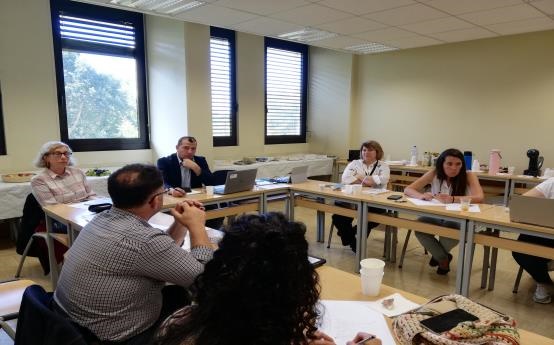
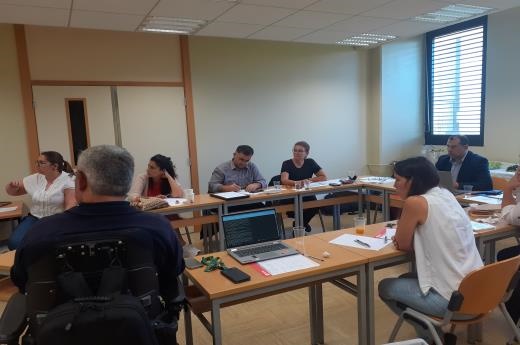
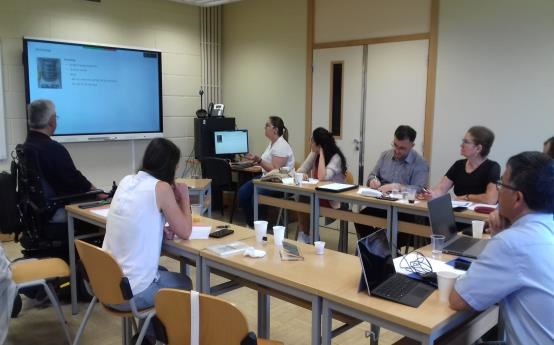

Participation at the common meeting of the consortium PHIGO, Porto 9 September 2022
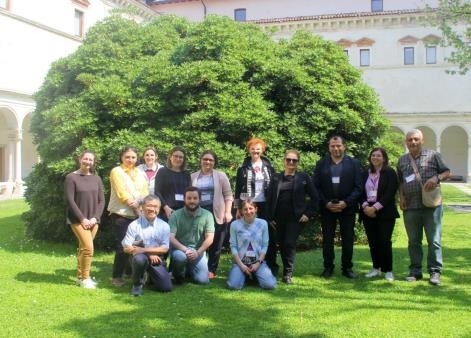
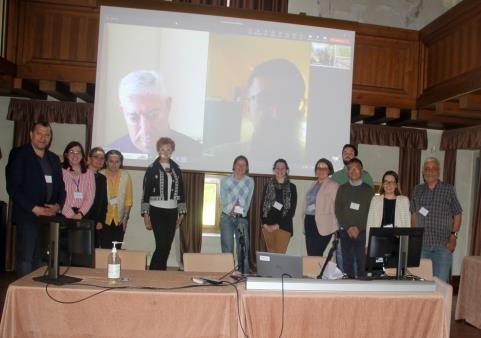
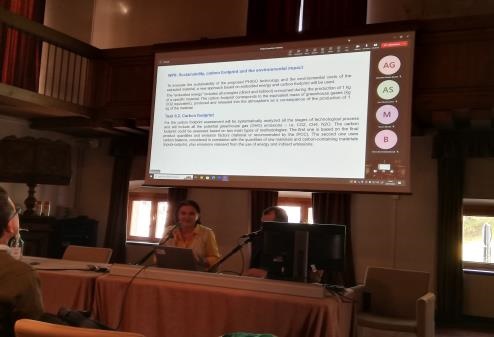
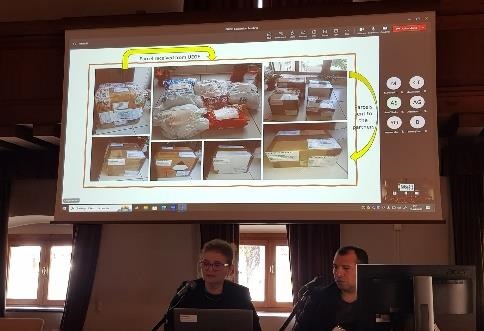
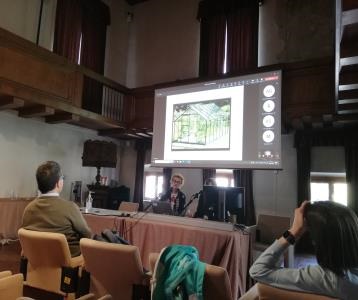
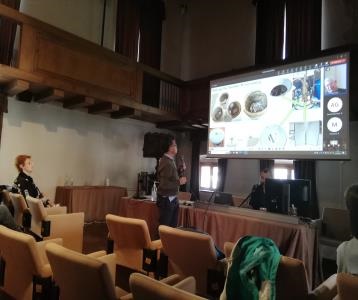
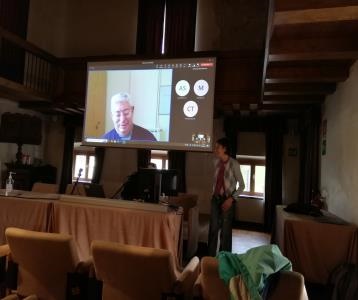
Participation by online at the common meeting of the consortium PHIGO, Izmir 30 October 2023 PHIGO project web page was created on the coordinator webpage, at link: https://www.swerim.se/en/phigo
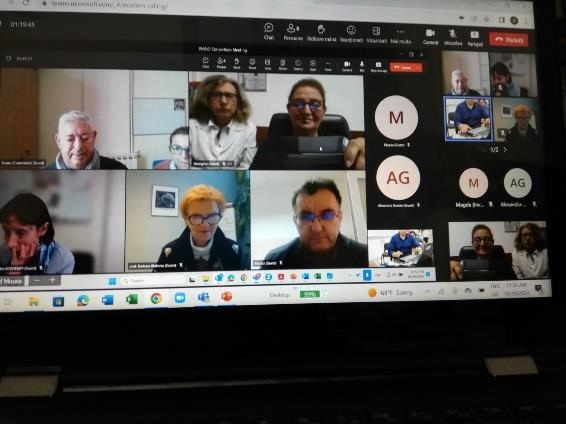
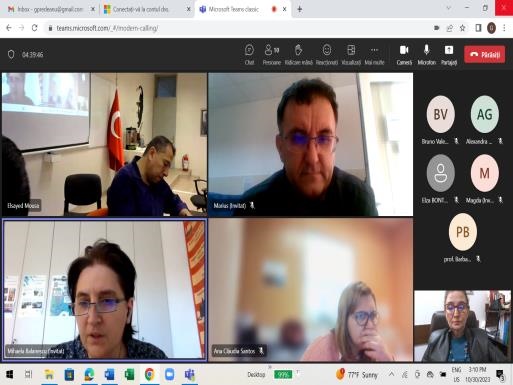
Contact
Dr. Georgeta Predeanu
Senior Scientist, CS I/Carbochemist
University POLITEHNICA of Bucharest, www.upb.ro
Polizu 1, Sector 1, 011061, Bucharest, Romania
e-mail: gpredeanu@gmail.com
